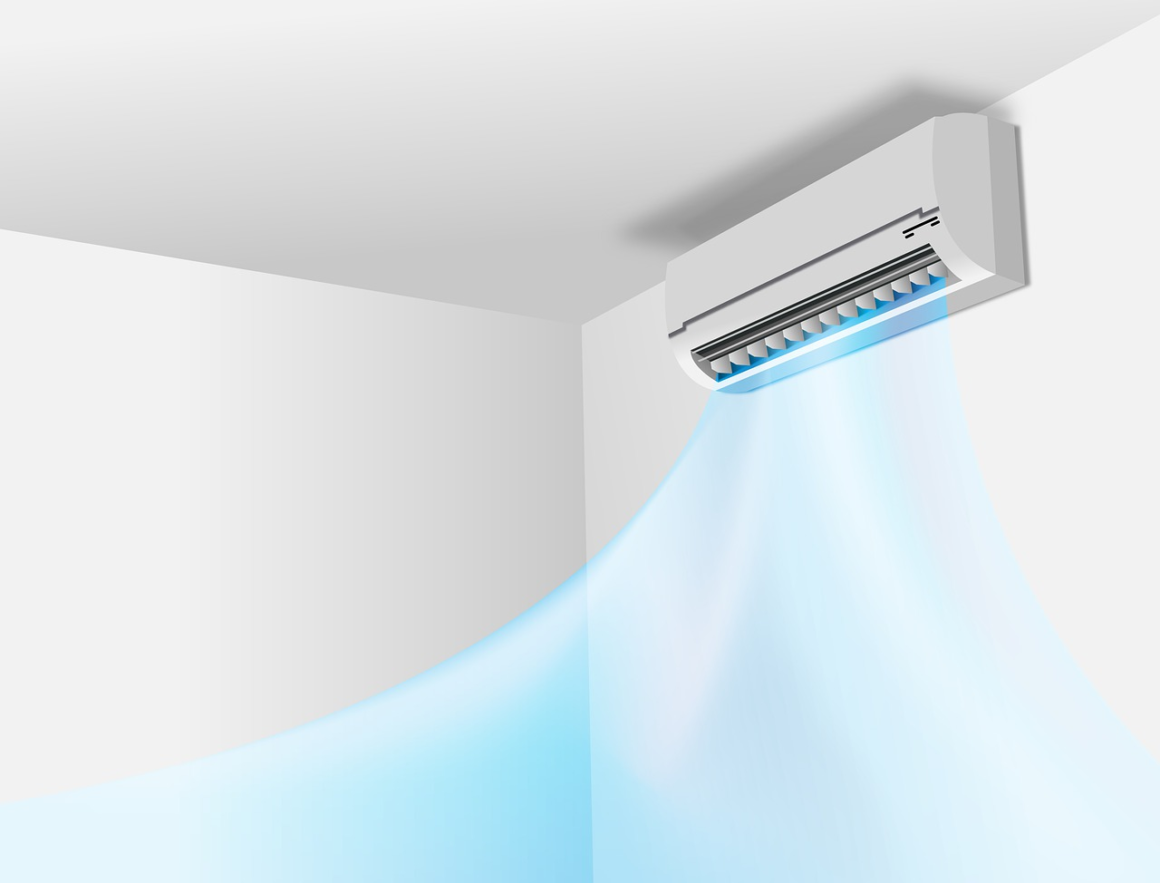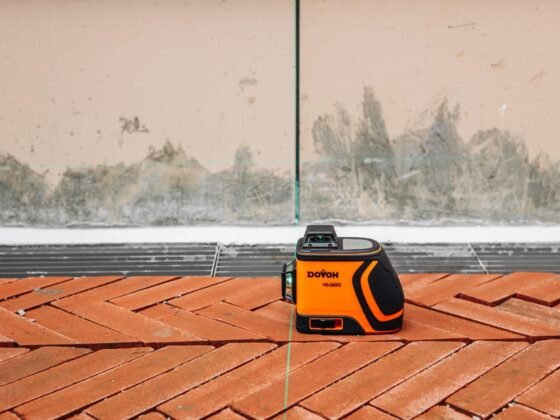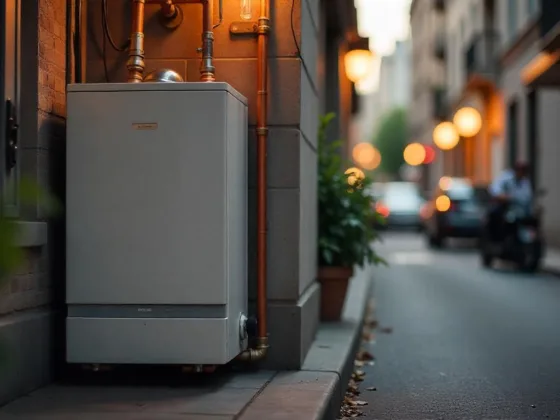Table of Contents Show
Due to environmental and health concerns, home air quality is becoming more important. Residential air conditioning systems are key to this topic. These simple temperature controllers regulate indoor air quality.
This article discusses the intricate relationship between residential air conditioning and air quality, stressing homeowner concerns.
The Role of Air Conditioning in Air Purification
Air conditioning systems may filter indoor air, which is often overlooked. An experienced air-conditioning company in Surrey highlights that contemporary systems have filters built in to collect dust, pollen, and other airborne particles.
These innovations make air conditioners more than just cooling devices—they purify our homes’ air. This benefit depends on routine maintenance and filter replacements to maintain efficiency and efficacy.
Read Also:
Impact Of Air Conditioning on Humidity and Health
Air conditioning units also control interior humidity. Overly humid conditions encourage the formation of mold and mildew, which reduces air quality and makes breathing more difficult. On the other hand, dry air can worsen allergies and asthma symptoms.
Air conditioners help preserve equilibrium and a healthier home climate when properly maintained and operated. Furthermore, integrated dehumidifiers in many contemporary air conditioning systems actively remove surplus moisture from the air, inhibiting mold growth.
Regular maintenance and cleaning are necessary to guarantee that these systems work efficiently and maintain the proper humidity balance in the house.
Energy Efficiency and Air Quality
The pursuit of energy efficiency in air conditioning systems impacts air quality. In addition to using more energy, older, inefficient units may also reduce the air quality inside a room by not properly filtering the air or regulating the humidity.
Therefore, upgrading to newer, more energy-efficient versions can lessen their influence on the environment and save energy expenses while improving air quality.
Ventilation And Its Relationship with Air Conditioning
Proper ventilation with air conditioning systems must be used, even if essential to ensuring high air quality. Homes that rely primarily on air conditioning without appropriate ventilation can become breeding grounds for airborne pollutants.
Combining efficient ventilation techniques with air conditioning may guarantee a steady flow of clean air into indoor spaces, which helps reduce and eliminate contaminants.
Selecting The Appropriate Air Conditioning System to Achieve the Best Air Quality
For optimal air quality, a home needs the right air conditioning system. The system’s filter quality, area size, and humidity management are critical. Seeking the guidance and solutions of a competent HVAC service provider can help meet individual demands and preferences regarding air quality.
Conclusion
A substantial and complex relationship exists between household air conditioning and air quality. Home air conditioning systems can significantly improve indoor air quality when installed and maintained appropriately.
Adopting a comprehensive strategy that incorporates these systems with routine upkeep, appropriate ventilation, and knowledge of indoor air contaminants is crucial. By doing this, homeowners may protect their family’s health and well-being by creating healthier living spaces.










